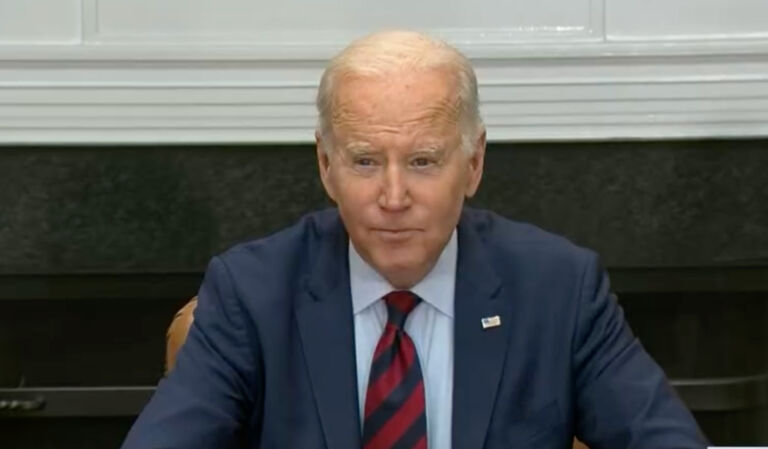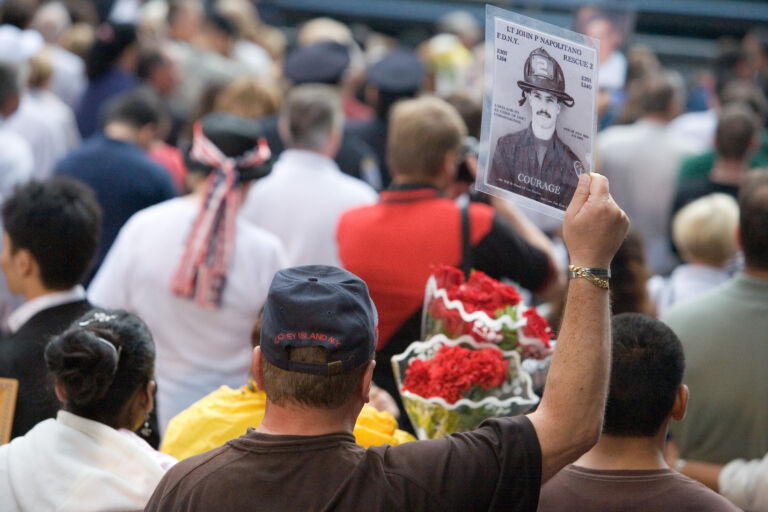The military life is regimented. You are told what to do and when to do it. You are instructed where to live and for how long. From the service member’s very first moments of stepping off the bus and arriving at Basic Training until the time they retire their dog tags, they are at the mercy of the needs of the government. The term “G.I.,” which is often a shorthand name for an active-duty service member, stands for “government issued,” and that is precisely how most of them live their lives until their time of service comes to an end. The reality for most of them is a near-constant tug and pull of hurry up and wait; certainty and uncertainty.
The necessity of discipline and regimen, which inevitably leads to a limited level of agency for the service member, allows the man or woman to focus on the mission at hand without extensive preoccupation with external cares or succumbing to decision fatigue.
But what serves the service member well during their years in the military doesn’t always translate into the civilian world, creating unique challenges for those who are facing an uphill battle to reintegrate. Pew Research found that around 44% of post-9/11 veterans find transition into the civilian world difficult. Those who experienced a psychologically traumatic experience and/or lost one of their fellow brothers or sisters in arms report the highest levels of difficulty re-entering. Post-traumatic stress and flashbacks seem to be a primary driver to the re-entry challenges this segment of veterans face.
That’s where the Veterans Life Center (VLC) comes in. A residential program based in Butner, NC, the VLC offers a wide range of support services, including mental and behavioral health, life skills training, family reintegration counseling, and more. VLC works with veterans on the edge of crisis and seeks to offer them stability and space to recover. The ultimate goal is supporting the veteran until they are able to exercise self-reliance over their lives and circumstances.
VLC launched in August of 2020, which was perhaps one of the most difficult times to get a new endeavor off the ground. As the VLC is nearing its third birthday, Locke’s Mitch Kokai sat down with its executive director, John Turner, to learn more about the vital work they are doing with the high-risk men and women who come through their doors in search of support.
You can watch the interview below. In addition, consider learning more about the important work of the VLC here.


